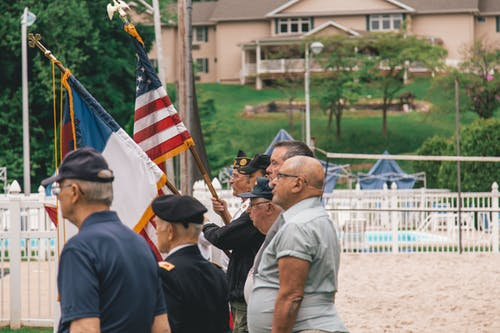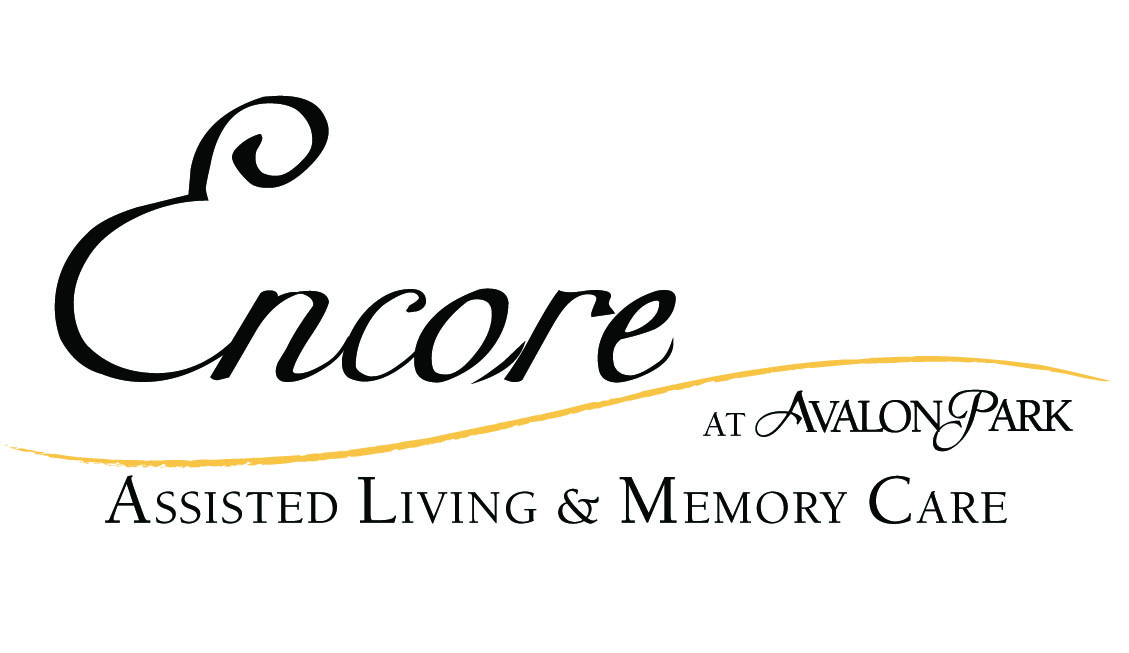Benefits Designed for Your Needs: Financial Planning Help for Senior Veterans

Guest blog by Lydia Chan
The government has provided benefits designed to help America’s veterans support themselves through retirement, though many senior veterans may not be aware that these benefits are available to them. For example, there are so many war veterans and surviving spouses in the US today that one in four seniors could qualify for the Aid and Attendance program.
That’s a lot of older veterans whose families who could receive more than $2,000 per month; single veterans, meanwhile, could get as much as $1,881 a month. The fact that so few are currently receiving this benefit points to a knowledge gap that’s keeping senior veterans and their survivors from receiving the help they need. It also emphasizes the importance of understanding what monies are available if you’re when you sit down to do some financial planning.
VA Benefits
Under the Veterans Administration (VA) benefits program, veterans are eligible for Aid and Attendance funds if they require assistance with tasks of everyday living (i.e. bathing, dressing, etc.). Veterans who are bedridden due to a disability, those living in a nursing home due to physical or mental incapacity, and those with extremely poor vision in both eyes are also eligible. Under the Housebound program, your monthly pension can be increased if you’re homebound due to a disability. So, reach out to the Pension Management Center in your state to check your eligibility for the A&A or Housebound program.
VA health benefits cover illness, injury, quality-of-life issues and improve your ability to function; they also work in tandem with other forms of insurance. However, it’s important to check your VA health coverage on a regular basis. If you discover it isn’t serving your needs, you make want to add coverage, such as dental or vision care, with a Medicare Advantage plan.
Burial Insurance
The average cost of a funeral falls somewhere in the $7,000 to $10,000. That’s a very high price for your survivors to pay if no financial provisions have been made for your funeral or memorial service. Protect your loved one’s financial interests by purchasing burial insurance, which covers the cost of funeral arrangements and can be used to pay for leftover medical bills and personal debt. Think through your final arrangements and how much debt you expect to leave behind so that you purchase an adequate amount of coverage.
Long-Term Care
Long-term care is an expensive proposition no matter what your circumstances might be. For senior veterans, financial assistance may be available via the VA, federal and state programs, or through insurance. Eligibility for VA long-term care is based on an individual’s need for ongoing treatment, personal care, and the availability of service in your region. Service-connected (VA disability) status, financial status, and insurance coverage also factor into your eligibility. Review the Home and Community-Based Services section of the VA’s website for further terms and services. Call 1-877-222-VETS for information about your long-term care options.
Housing Assistance
There are several housing options designed specifically for senior veterans who are unable to live independently. The VA operates senior living communities, military-only retirement communities, and senior-living facilities (located near military bases). Community living centers provide healthcare services and hospice-like services in end-of-life situations. Other living options include state veterans homes, medical foster homes, assisted living facilities, and home-based primary care. Eligibility for VA nursing homes is based on clinical need and availability, and you must also be enrolled in the VA health system, be medically and psychiatrically stable, and meet disability and income requirements.
Planning Assistance
Financial planners can help senior veterans by coordinating with an elder law attorney, making sure all necessary arrangements for your estate, disability, medical treatment, and long-term-care needs have been met.
As a senior veteran planning for the financial challenges of retirement, it’s essential that you understand your VA and government benefits, your insurance coverage, and how they work together. Make burial insurance a priority if you haven’t already arranged to cover funeral expenses, and contact your VA social worker for more information on housing options.
Image courtesy of Pexels




